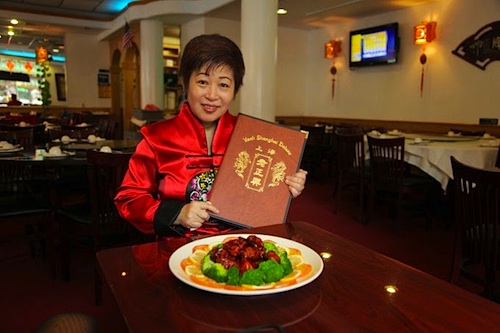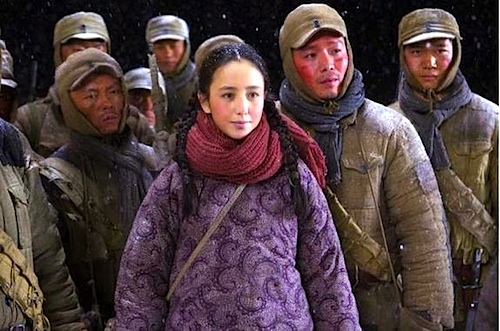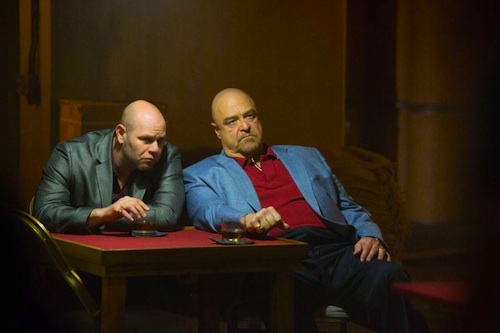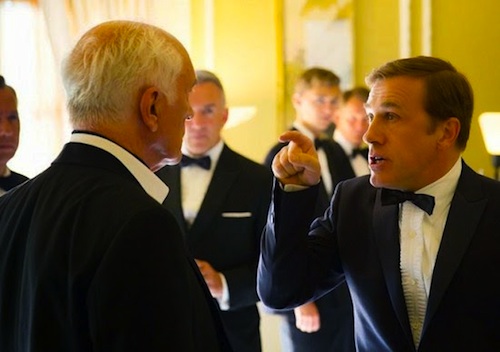By Joe Bendel. He never lost a battle, but he has been immortalized with a dish that would probably not appeal to his palate. Reportedly, Zuo Zongtang, a.k.a. General Tso, really did like chicken, but the Americanized sauce of the recipe bearing his name would be far too sweet for the ardent Chinese nationalist. While nobody recognizes the American Chinese take-out staple in his home province of Hunan, it is a different story in Taipei. Ian Cheney chronicles the recipe’s journey and the Chinese-American restaurants that serve it in The Search for General Tso, which opens this Friday in New York.
Frankly, the real General Tso was a counter-revolutionary, who successfully put down the crypto-Christian millennial Taiping Rebellion that would later be invoked by both Dr. Sun Yat-sen and Mao. He was also dead-set against western influence in China. So how did his namesake chicken conquer the American takeout market? It is a complicated story, but Cheney conclusively follows a trail running directly through New York back to Taiwan. As a bonus, he also reveals the origins of cashew chicken in the unlikely city of Springfield, Missouri.
Ostensibly, Search is about the Qing Dynasty General and the crispy chicken he never knew, but it is really more about the Chinese-American immigrant experience and the entrepreneurial drive that has produced thousands of restaurants throughout America. It was never easy, especially when Nativist laws were still in force during the late Nineteenth and early Twentieth Centuries. Yet, with the support of their families and cooperative neighborhood associations, new arrivals were able to scratch out a living in the restaurant sector, often relocating to towns with nearly no Chinese-American communities to speak of (and therefore no competition). Indeed, Americanized dishes like Chop Suey and General Tso’s Chicken reflect an impulse to assimilate and cater to their regional customers.

The big picture is rather inspiring, despite plenty of ugly episodes in places like Springfield, before the locals were won over by cashew chicken. In fact, much of the film could be considered a celebration of hard work and family, especially when it interviews people like Philip Chiang, founder of P.F. Chang’s, who started in the business working in his mother’s ambitiously upscale restaurant.
Visually, Search is also unusually stylish for a documentary, incorporating Sharon Shattuck’s lively animated transitions and plenty of glorious food shots. If you are looking for foodie indulgence, Cheney delivers. The Szechuan Alligator at Trey Yuen’s in Louisiana looks and sounds particularly tempting. There is just no way viewers will not have Chinese for dinner after watching the film.
You sort of expect the search for General Tso to be Quixotic, but Cheney answers all his questions, establishing a definitive history of the crispy chicken menu item. Yet, the film covers much more cultural history, without getting hopelessly bogged down in identity politics. Smart, well balanced, and briskly paced, The Search for General Tso is highly recommended for culinary minded audiences when it opens this Friday (1/2) in New York at the IFC Center.
LFM GRADE: B+
Posted on December 30th, 2014 at 5:19pm.




